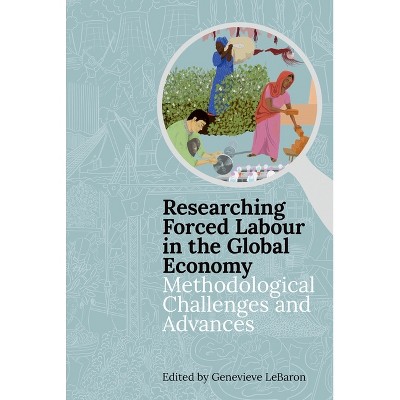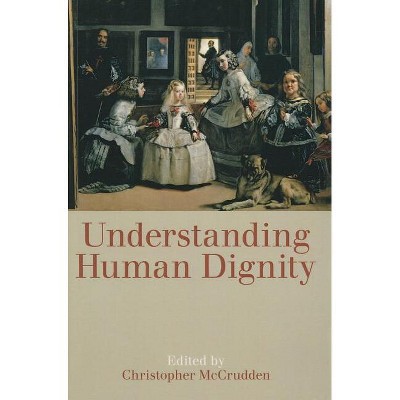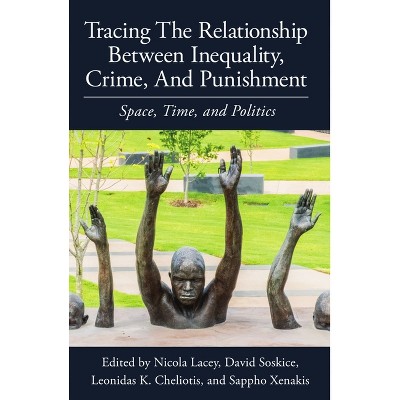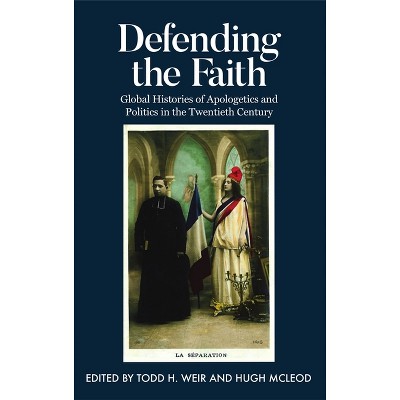Sponsored

Disappearances in the Post-Transition Era in Latin America - (Proceedings of the British Academy) (Hardcover)
In Stock
Sponsored
About this item
Highlights
- Latin America sits at the centre of the third wave of democratisation beginning in the early 1980s.
- About the Author: Karina Ansolabehere is a Researcher at the Institute of Legal Research of the National Autonomous University of Mexico (IIJ-UNAM) and part time Research Professor at FLACSO-Mexico.
- 308 Pages
- Freedom + Security / Law Enforcement, Emigration & Immigration
- Series Name: Proceedings of the British Academy
Description
About the Book
The book identifies a new human rights phenomenon. While disappearances have tended to be associated with authoritarian state and armed conflict periods, this study looks at these acts carried out in procedural democracies where democratic institutions prevail.Book Synopsis
Latin America sits at the centre of the third wave of democratisation beginning in the early 1980s. It has advanced farther than any other region of the world in its accountability processes for past human rights violations perpetrated during authoritarian regimes and armed conflicts. Despite these human rights achievements, Latin America is known as the most violent global region. In the last two decades since the transitions, serious human rights violations, especially disappearances, have increased exponentially in several countries in the region.
This volume seeks to understand these post-transition disappearances. It does so by examining four different countries and the dynamics that play out there. It considers a variety of voices and points of view: those expressing the experiences from the perspectives of victims and relatives; those of activists, advocates, and public officials seeking truth and justice; and those from scholars attempting to draw out the specificities in each case and the patterns across cases. The underlying objective behind the project to gain knowledge and to draw on deep commitment to change within the region is to overcome this tragedy.
After reading this volume, readers will not only have an overview of the practice of disappearances in the region, but will also be able to gauge how, despite the differences, the social and political logics that make disappearances possible are similar. The disappearances of the past and those of present are not the same, and it would be a mistake to consider them that way, but the social practices that make them possible are similar. These practices are what we call the logics of disappearance.
Review Quotes
this book helps us understand the causes for violations and sources of support for human rights. This is the first step towards that elusive vision of a world where Nunca Más is more than a political slogan.-- "Par Engstrom, University College London, UK, International Affairs"
About the Author
Karina Ansolabehere is a Researcher at the Institute of Legal Research of the National Autonomous University of Mexico (IIJ-UNAM) and part time Research Professor at FLACSO-Mexico. She is the principal investigator of the Observatory of Disappearances and Impunity in Mexico.
Barbara A. Frey is a Senior Lecturer in the Institute of Global Studies and Director of the Human Rights Program at the University of Minnesota. Leigh A. Payne is professor of Sociology and Latin America at the University of Oxford, St Antony's College.Shipping details
Return details
Frequently bought together

Trending Non-Fiction
















